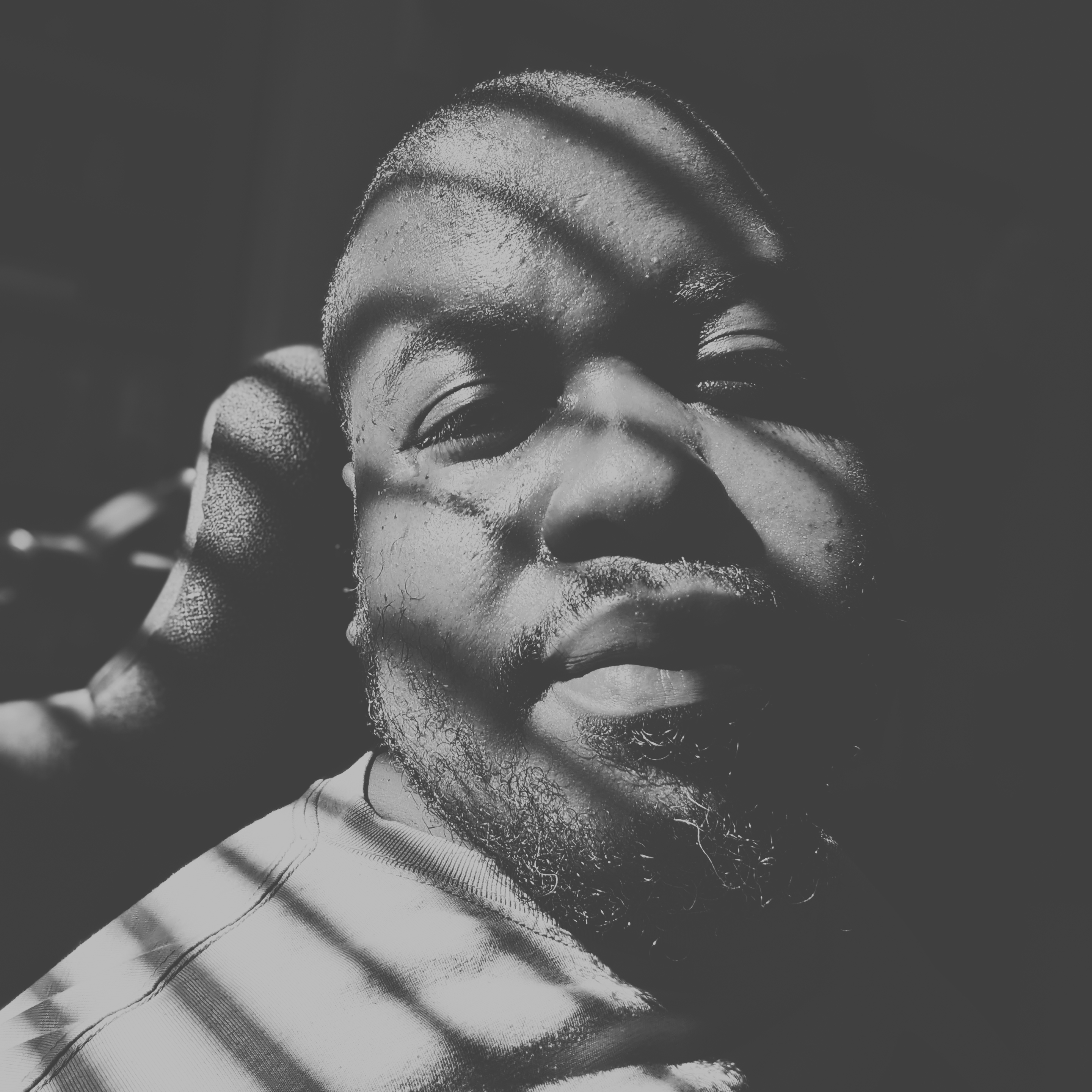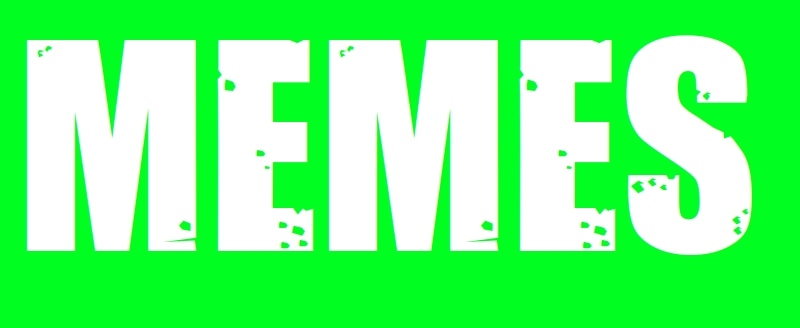If you get the wrong one just accuse the examiner of being transphobic.
please no baiting trans folk
Trick question, washing machines come in many different genders:

Only the first two are genders. The others are psychological illnesses
Edit: /s
I thought pans came in many different genders
Die Waschmaschine die
Die Bart die
No one who speaks German could be an evil man.
Das ist die Kleidung der Waschmaschine
Ich stehe auf der Waschmaschine
German grammar cannot be trusted
End-syllables help a long way:
For example the often cited neutral: girl/Mädchen is a diminutive. So everything with -chen or -lein becomes neutral and therefore: das.
(Brötchen, Männlein, Häuschen, Fräulein)
https://mein-deutschbuch.de/genusbestimmung.html#nachsilben
As a bonus: in plural everything is “die” so just formulate everything in plural and you are always right.
The problem though is when you get into figuring out if it is in the nominative, accusative, dative, or genitive case.
Der Hund can easily be turned into den Hund, dem Hund, or des Hundes if you aren’t careful.
And for the love of God, don’t ask me anything about subjunctive case 😮💨
Me in my mandarin class not having to conjugate, add pronouns, use words like the and to, and not having words more than 4 syllables. But having to learn 10,000 + characters
It’s even worse if your native language has genders for things, but the one you’re learning has different genders for the same things.
Have you tried asking the washing machine for its preferred pronouns?
mate, can you please not bait trans folk? thanks
Removed by mod
This is my go to response when people are trying to claim that English is hard… Well at least I don’t have to remember what gender has randomly been assigned to every noun I want to use.
It’s probably makes sense once explained properly but as an outsider to gendered languages in general it feels like the stupidest archaic idea ever lol.
How aggregious is misgendering items in other languages? I assume it’s no big deal and may not even be worth correcting most of the time?
It sounds very weird and you know immediately it’s a foreigner speaking. When you are fluent the genders just come naturally, I don’t think I’ve ever seen a native making a mistake like that, maybe children.
I wouldn’t correct anyone unless they want to learn though, the noun itself is more important and it carries the meaning across.
This is for Brazilian Portuguese at least.
In German, they sometimes add the gender into the word. Like if you hire a few “Stripper” in German, they will be all male, while “Stripperinnen” would be all female and there is no generally accepted way if you want a mix or non-binaries, you’d have to describe it. This can lead to quite a lot of confusion, especially with words derived from English like this.
So what I’m saying is, if you use the English word and misgender, it can be a big deal. Like 7 or 8 inches big, on some occasions.
The example you used involved humans. They were asking about items.
It’s the same. Misgendering any object leads to confusion at best and makes you sound like an utter moron at worst.
Any chance you can help me understand why?
I took German in high school (which was a long time ago) - and yes, I can understand the moron part because if you speak poorly in any language that can happen.
But if I say die bleistift instead of der bleistift, how is that going to confuse someone? Bleistift is still the German word for pencil either way, right? The gendering of inanimate objects always felt very arbitrary to me.
I can explain: it’s not, it’s a lie. Using the wrong gender feels wrong but that’s about it. It’s a common second language learner mistake and it doesn’t make you sound like a moron. With a little luck, you took a gender that’s accepted in other regions of Germany (like die Email is standard while das Email is southern east I think). It’s a mess.
Technically, there are ambiguities but not really like der Leiter the leader die Leiter the ladder and of cause you could find an example where this is really confusing, unless you are a bit patient and have some empathy.
In any case, I have deep respect for everyone who learns the mess that’s my native language and nobody should feel bad for making minor mistakes.
To stay with people as an example: die Tänzer would mean plural right? But as an answer to a question, it might be confusing. Let’s assume you’re asked: „Wer war gestern Abend auf der Bühne?“. Assuming both participants know it’s an establishment with either several dancers or one female act, misgendering the female dancer trough omission of the correct ending would lead to confusion, since the false answer would be the same answer as the one being given by someone overwhelmed with gendering: „Die Tänzer“.
That is by definition confusing. Just because you can accommodate for it, doesn’t mean it isn’t initially.
About the moron part: that does really depend as well. I happen to work with a few people who are not German native speakers and tend to be very articulate in English. The way they often misgender common words in German really takes away from their credibility, since it happens so often. Doing it once or twice can be excused, but doing it often does not help you seem intelligent.
In your example, you wouldn’t use the definite article anyway. “Eine Tänzer” could be wrong indefinite article or wrong noun, but unless you aren’t hyper obsessed with gender (of people), it doesn’t matter. “Die Tänzer” would only be used when they were introduced before. That’s how define articles work. Sure, a foreigner could get that wrong, too, but then there are already 2 mistakes and of course, more mistakes make it worse. Also: if it’s established that it’s a dancing establishment, why not ask about “how many dancers” instead? As I said, you can construct cases, but it’s not easy and yours isn’t very good I’m afraid.
About your work environment: I get that it can come across as unprofessional, especially in writing. But in writing you have grammar checks, if you’re lucky (I just checked and libreoffice sadly doesn’t, but maybe with addons and I think MS office (which I’m forced to use at work) has it by default). And if they are viewed as morons in spoken form, I’m sorry to inform you that you work in a toxic environment. My non native colleges never had that problem as far as I know.
Female in Russian, because the word machine/машина ends with A, and so any machine, from tattoo gun to steam engine is female gendered. I always thought French and German worked in somewhat similar manner?
It works like that in French until you use a different word for the machine.
“Mon ordinateur est une bonne machine”. In a single sentence my computer was described with words both male and female.
It’s just vocabulary and grammar, not the deep essence or identity of things or people.
Spanish, Italian and Portuguese do, i believe… French has some rather… Unusual conventions i think, not matching the rest
In French “machine” is feminine like in the other languages.
I didn’t learn of any rhyme or reason to it in German when I took classes on it. In fact, in a few cases, the gender changes the meaning of the word. Der See und die See, for example. One means lake and the other means sea/ocean.
OMG, I’ve been doing my Duolingo lessons and never realised that they had different meanings, I just thought Germans used one word for all bodies of water 😭
“Die See” denotes an ocean, “der See” denotes a lake. You will more often hear “das Meer” instead of “die See” tho.
How do gendered languages handle neologisms?
(this is a very difficult question to search btw)
At least for romance languages, there is a rhyme and reason for the gender each noun gets, so neologisms and borrowed words tend to follow the same logic.
For word morphology, as an example, in Portuguese nouns ending in a are almost always female, so new words that end with a are very likely to be female.
There are semantic rules too, for example brands and companies are typically (I want to say always but there’s probably edge cases) female, so even though Netflix and Amazon didn’t exist before they’re still female.
there is a rhyme and reason for the gender each noun gets
There is? I only took high school level French, so I’m very ignorant on the topic and happy to admit so, but any time I asked that about that very idea all I ever got in response was “that’s just how it is!”, so I would love to learn if you’re willing to elaborate.
And I don’t think “it ends in A” is solid enough foundation to call it “rhyme and reason”
I speak French and it probably doesn’t help but it just sounds wrong when misgendered except for words that begin with a vowel syllable for some reason. Even we, struggle with those. E.g. avion, hélicoptère, école. We also use the l’ for those words instead of le/la but it becomes harder when we’re have to choose un/une. Maybe that’s a hint to what’s happening. Any language expert can chime in?
Yes, there is a rhyme and reason, but because that requires actually delving into linguistics studying (plus etymology for all those edge cases that got carried over from Latin and other languages), most people don’t get too deep into it apart from shallow rules (eg: if word starts/ends in X then it’s male/female).
Not even natives of gendered languages usually bother learning the nitty gritty rules, they just pick it up as they go, that’s how all of us learn our languages.
On a practical level, it’s also much easier to teach a 6 year old in elementary that something is male/female just because, and to remember that, than to go into each and every individual case (morphology, syntax, semantics, etc.), which themselves typically have edge cases due to history and whatnot. Especially because that child will naturally pick it up as they absorb the language around them so it really doesn’t matter much.
And then there’s just those cases where we actually don’t know because the etymology got lost. Yeah, that’s fun.
In school I was never taught why something is male/female yet I can always distinguish them naturally in my. day to day because that’s how I’ve always lived. That’s just one of the amazing things of human language.
If you ask a native of a gendered language why they think X word should be male instead of female they’ll probably just tell you it sounds wrong otherwise, and that’s literally the end of it for most of us. We don’t think about it, we just intuitively know it sounds right or wrong. I’m sure that’s frustrating to hear for a foreigner trying to learn, but you can’t teach what you don’t know. In the end, other than very broad rules, the best way typically is to just start memorizing it one by one.
Also, “ends in A” is definitely rhyme or reason in Portuguese, that’s actually a rule. Although to be more specific it’s a tonic A, but even that has an exception if it’s a nasal Ã, but I didn’t want to get into phonology too, I just wanted to give a simple example.
Removed by mod
What is a “normal person”? Most people on the planet don’t communicate in English.
Removed by mod
I’m not saying they’re fancy, just that there are more people on the planet that can’t speak English than people who can.
Also, most people on the planet speak multiple languages. There are even less people on the world that only speak a single language than there are English speakers. So, if anything, speaking just a single language, even if it’s English, is the abnormal thing.
Lastly, it’s not about “feeling successful”, as you put it, but about being able to communicate with more people and being able to enjoy more things.
Removed by mod














